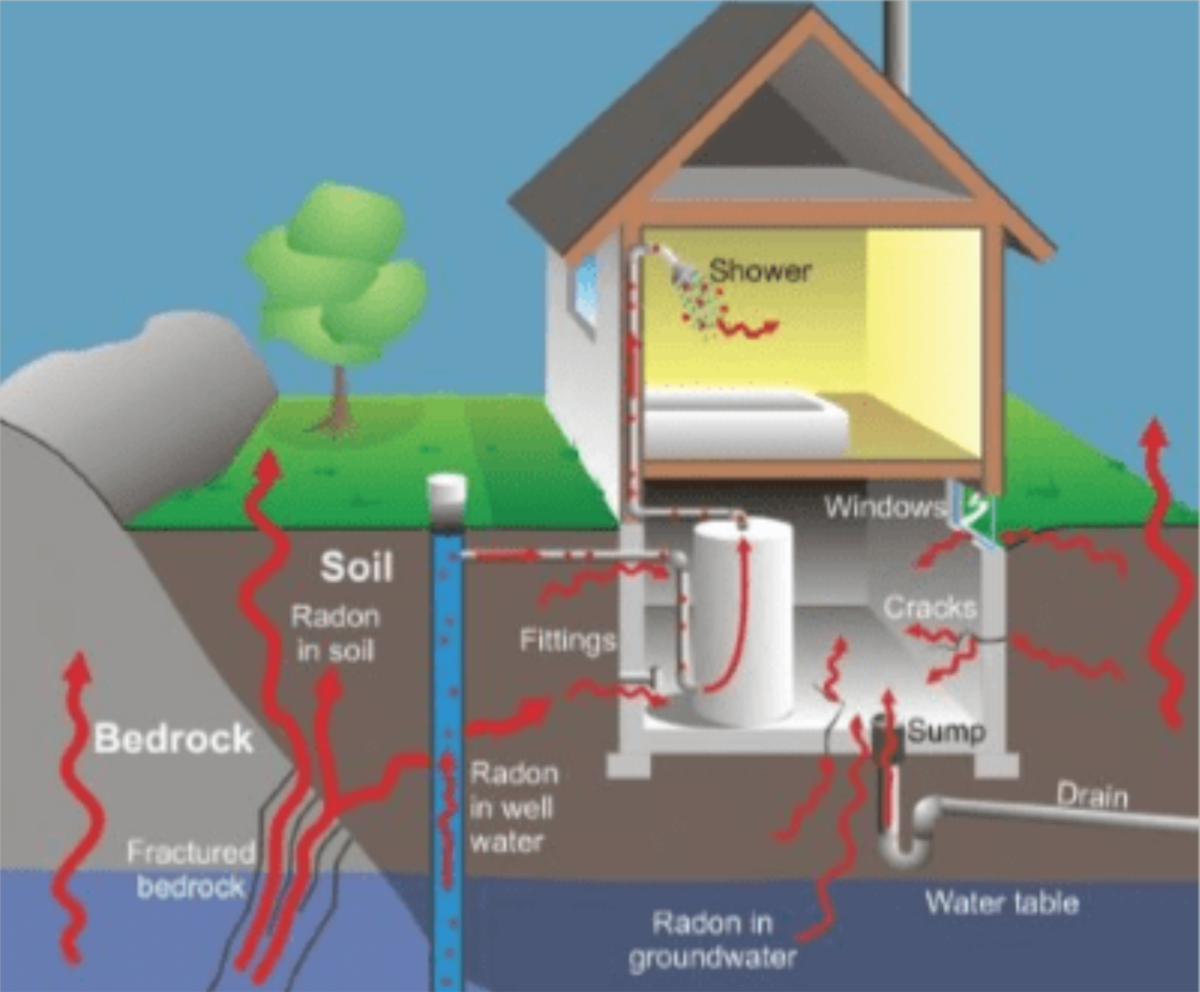Most Important – Check Radon Levels!
Purchasing a house is an impressive milestone in anyone’s life. However, while it may be exciting, it can still be a very complicated process that requires research, planning, and considering all of the underlying factors that can make or break how enjoyable the experience actually is. One factor that can sometimes be overlooked is radon. Radon, which is a radioactive gas that can lead to several diseases and health problems, can enter homes through the surrounding earth and soil. While the amount of radon in a house isn’t necessarily caused by defects with the home’s structure, it’s definitely something that homeowners and potential homeowners should look out for.

A radon mitigation system is meant to decrease the radon level to where it is safe for your family. If you’re on the hunt for a new house, a radon mitigation system is something to consider when searching. Here’s why and here’s what you should keep an eye out for.
1) Check the radon levels!
Like mentioned before, radon is a gas that, above a certain level, can lead to health issues such as lung cancer. According to the EPA, a home with radon levels above 4.0 pCi/L is considered unsafe. If the house wasn’t tested for radon, consult with your real estate agent or home inspector to order a radon inspection.
If you find out that the home has a radon level higher than what’s considered safe, it isn’t the end of the world. Thankfully, there are measures in place to help keep radon at bay and homes safe. Radon mitigation systems are one of those measures.
2) Find out if there was a radon mitigation system installed and by who.
If you’re not sure what a mitigation system is, it’s quite simply a method or methods used in a home to keep the radon level safe. Good ventilation, layers, proper sealing, and caulking are just a few practices recommended by the EPA.
The best type of mitigation system used inside the home depends on several factors; the area the house is in, how the radon is entering the home, and how much radon is detected. One system might work well on one property but barely at all on another. With that in mind, just because a home has a radon mitigation system doesn’t mean it’s the best fit for the home. If you hire a radon professional (as mentioned in point 1), he/she will easily be able to see if there is a mitigation system installed.
3) Look into if the mitigation system has been successful in the past
How do you know if the radon mitigation system has been successful? Speaking with previous homeowners and those involved in the real estate transactions can help bring to light if the mitigation methods have proven successful (or not) and if they’ve been improved upon and maintained. As mentioned in points 1 & 2, the radon professional you hire will be able to determine if the current mitigation system is truly effective.
Before buying a home, make sure you consult with a reputable inspection company to make sure your home is safe in all aspects. Lucent Property Inspections cares about the safety of your home. Our team has systems in place to make sure that your dream home is move in ready. Contact us today to learn more!